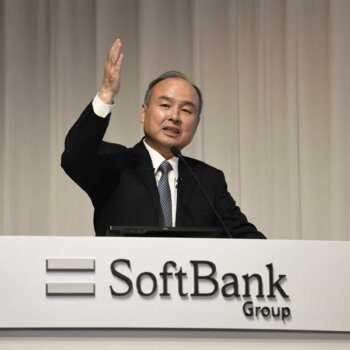Key Takeaway:
Insider trading is an illegal act in which someone relies on market-moving, nonpublic information to decide whether to buy or sell a financial asset. Punishment can range from a few months to over a decade. Insider trading is common and profitable, but difficult to prove and prevent. It undermines public confidence in financial markets and feeds the view that the system is rigged.
Insider trading is the term used to describe the illegal act in which someone relies on market-moving, nonpublic information to decide whether to buy or sell a financial asset.
For example, say you work as an executive at a company that plans to make an acquisition. If it’s not public, that would count as inside information. It becomes a crime if you either tell a friend about it – and that person then buys or sells a financial asset using that information – or if you make a trade yourself.
Punishment, if you’re convicted for insider trading, can range from a few months to over a decade behind bars.
Insider trading became illegal in the U.S. in 1934 after Congress passed the Securities Exchange Act in the wake of the worst sustained decline in stocks in history.
From Black Monday 1929 through the summer of 1932, the stock market lost 89% of its value. The act was meant to prevent a whole litany of abuses from recurring, including insider trading.
While insider trading typically involves trading stocks of individual companies based on information about them, it can involve any kind of information about the economy, a commodity or anything else that moves markets.Insider trading was dramatized in Oliver Stone’s 1987 classic movie “Wall Street.” Here, ruthless financier Gordon Gekko explains why information is so valuable.
Why insider trading matters
Insider trading is not a victimless crime. People trading on inside information benefit at the expense of others.
A key characteristic of well-functioning financial markets is high liquidity, which means it is easy to make large trades at low transaction costs. But when traders fear losing money to counterparts with inside information, they charge higher transaction costs, which leads to less liquidity and lower investor returns. And since a lot of people have a stake in financial markets – about half of U.S. families own stocks either directly or indirectly – this behavior hurts most Americans.
Insider trading also makes it more expensive for companies to issue stocks and bonds. If investors think that insiders might be trading bonds of a company, they will demand a higher return on the bonds to compensate for their disadvantage – increasing the cost to the company. As a result, the company has less money to hire more workers or invest in a new factory.
There are also broader impacts of insider trading. It undermines public confidence in financial markets and feeds the common view that the odds are stacked in favor of the elite and against everyone else.
Furthermore, since inside traders profit from privileged access to information rather than work, this makes people believe that the system is rigged.

Hard to prove
Research shows that insider trading is common and profitable yet notoriously hard to prove and prevent.
A recent study estimated that overall only about 15% of insider trading in the U.S. is detected and prosecuted but suggested more of it is coming to light in recent years because of increased enforcement.
One of the more famous – and few – examples of insider trading being prosecuted was the 2004 conviction of businesswoman and media personality Martha Stewart for selling shares based on an illegal tip from a broker.
The sudden collapse of several banks in 2023 has also caught the attention of authorities. The Securities and Exchange Commission is reportedly investigating executives at both Silicon Valley Bank and First Republic Bank, which was seized and sold on May 1, for potential insider trading.
And, so, the cat-and-mouse game between regulators and those who want to game the system continues.
This is an updated and shortened version of an article that was originally published on Feb. 18, 2022.





























